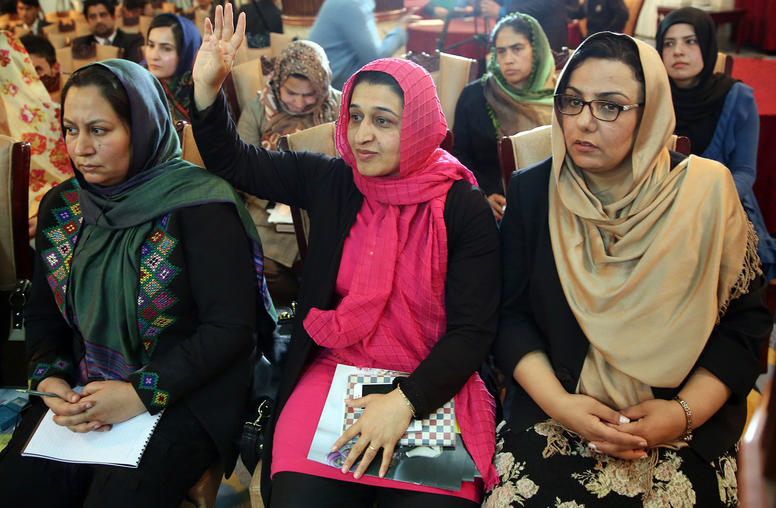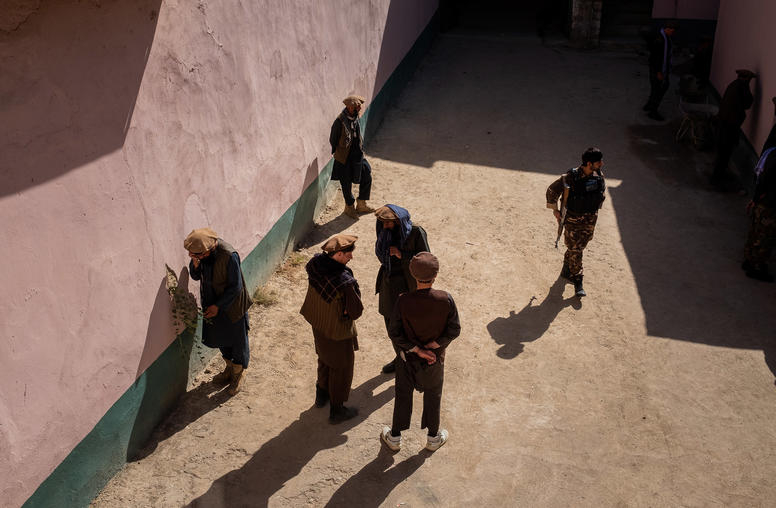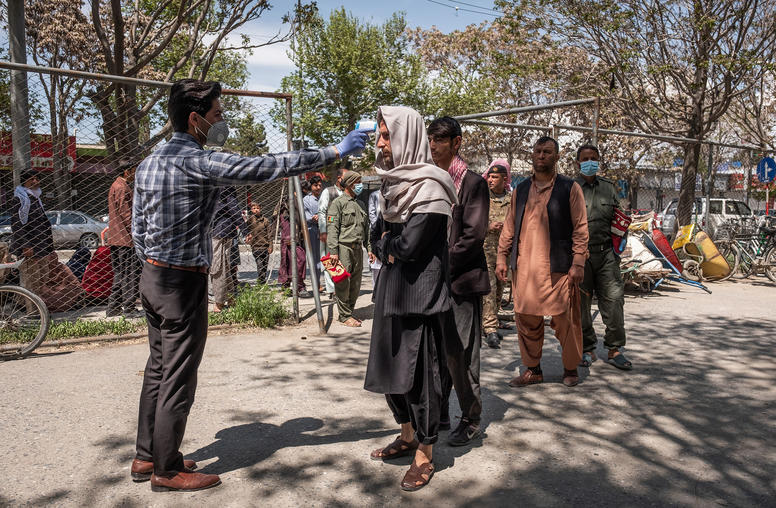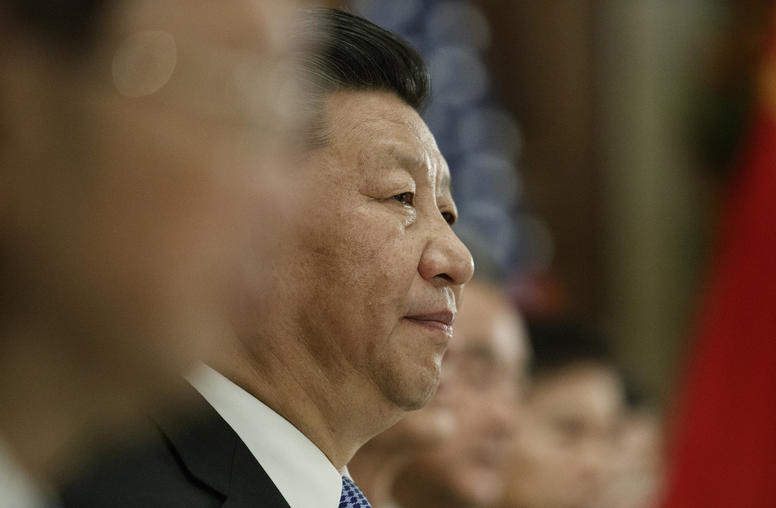Publications
Articles, publications, books, tools and multimedia features from the U.S. Institute of Peace provide the latest news, analysis, research findings, practitioner guides and reports, all related to the conflict zones and issues that are at the center of the Institute’s work to prevent and reduce violent conflict.

Vikram Singh on President Trump’s Trip to India
The visit did not yield a bilateral trade agreement, as many hoped it would. But USIP’s Vikram Singh says that despite the trade impasse, the trip did deliver defense and energy deals and reinforced “the symbolism of this partnership continuing to grow basically as it has for the entire 21st century.”

Belquis Ahmadi on Afghan Women and the Peace Process
Since 2001, Afghan women have assumed larger roles in society—becoming teachers, doctors and government officials. With intra-Afghan talks expected to begin this month, USIP’s Belquis Ahmadi says it’s important the Taliban “accept the reality that today’s Afghanistan is very different from the country they ruled” when it comes to women’s rights.

Mona Yacoubian on Syria’s Future After Nine Years of Conflict
Idlib is the site of Syria’s largest displacement crisis since the conflict began nine years ago, with nearly one million displaced in the province. As the Assad regime continues to reclaim Idlib, USIP’s Mona Yacoubian looks at the future for Syria, saying “the fact of the matter is that Syrians are terrified to live under Assad’s rule.”

Sarhang Hamasaeed on Iran and Iraq Amid Coronavirus Pandemic
As the coronavirus pandemic spreads in both countries, USIP’s Sarhang Hamasaeed examines the obstacles facing Iraq’s newly appointed prime minister, as well as whether addressing the crisis might open the door for de-escalation between the U.S. and Iran, saying, “I do hope that these unfortunate challenges still come with some opportunity.”

Understanding Resistance to Inclusive Peace Processes
Current peace processes are designed to be more inclusive of women, civil society, youth, opposition political parties, and other frequently marginalized communities. Implementation of inclusive peace processes, however, has not progressed smoothly—and are frequently met with resistance. Based on an examination of instances of resistance in thirty peace and transition negotiations since 1990, this report enhances practitioners’ understanding of who resists, against whose participation, using what tactics, and with what motives.

Taliban Fragmentation: Fact, Fiction, and Future
For years, the U.S. military pursued a "divide and defeat" strategy against the Afghan Taliban, attempting to exploit the supposedly fragmented nature of the group. Drawing on the academic literature on insurgency, civil war, and negotiated peace, this report finds that the Taliban is a far more cohesive organization than a fragmented one. Moreover, Taliban cohesion may bode well for enforcing the terms of its February 29 agreement with the United States, and any eventual settlement arising from intra-Afghan negotiations.

Nancy Lindborg on the Impact of Coronavirus in Fragile States
As COVID-19 cases appear in the Middle East and Africa, USIP’s Nancy Lindborg talks about opportunities for peace amid the humanitarian and security risks posed by an outbreak. “The hope is that everyone uses this opportunity to put down their arms and think differently about conflict,” says Lindborg.

The Dangers of Coronavirus in Conflict Zones
The health and economic implications of the coronavirus pandemic threaten to reverse decades of development progress. While the international community has mobilized substantial sums of aid and financing to address the pandemic and its impacts, the scale of the crisis demands an even more ambitious response. With the virus’s peak still ahead for many countries, there remains an opportunity to rally support for international collaboration on preventive measures that could stave off the worst-case scenario while addressing underlying sources of fragility.

Scott Worden on the Afghan Power-Sharing Deal
A political deal to resolve the disputed 2019 presidential election was finally reached over the weekend. USIP’s Scott Worden says the agreement “is quite significant” because it will give the Afghan side “more political coherence to negotiate with the Taliban and, if implemented, it will show the Taliban they can’t divide Afghans.”

China’s Periphery Diplomacy: Implications for Peace and Security in Asia
China’s foreign policy is expanding in scope and depth and now reaches across the globe. Yet its diplomatic efforts focus on its own complex neighborhood. To advance these interests, China’s leaders practice an interlocking set of foreign affairs activities they refer to as “periphery diplomacy.” This report details the main tools Beijing uses to engage the countries with which it shares borders, assesses the campaign’s effectiveness, and lays out the implications for peace and security in Asia.